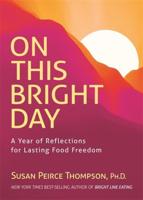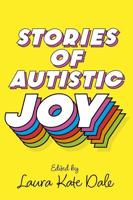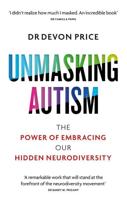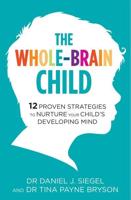Publisher's Synopsis
Books on adolescence have been written for a variety of purposes. Hall's (1904) two volume Adolescence encompasses most of them: to advocate a particular theoretical approach to adolescence, to stimulate use of a particular brand of scientific methodology when studying youth, to address issues of the basic nature and importance of adolescence, and to propose recommendations on how adolescents ought to be treated and educated. In Hall's words, "It [the two volumes] constitutes the first attempt to bring together the various aspects of its vast and complex theme" (xix), a full survey of "pedagogic matter and method. " This is necessary because, "In no psychic soil, too, does seed, bad as well as good, strike such deep root, grow so rankly, or bear fruit so quickly or so surely" (xviii-xix). Mead (1928) retorted with Coming of Age in Samoa, a refutation of Hall's conclusions: "Are the disturbances which vex our adolescents due to the nature of adolescence itself or to the civilization? Under different conditions does adolescence present a different picture" (p. II). Thus, Mead wanted to correct a theoretical injustice and to promote the impact that culture has on the developing adolescent personality. Hollingshead's (1949) Elmtown's Youth was produced to further support Mead's conclusions-"Is the social behavior of an adolescent a function of physiological changes in the maturing individual or of his experiences in society?" (p. 6). His answer was clearly the latter, specifically the family's economic and social status within Elmtown's social structure.











